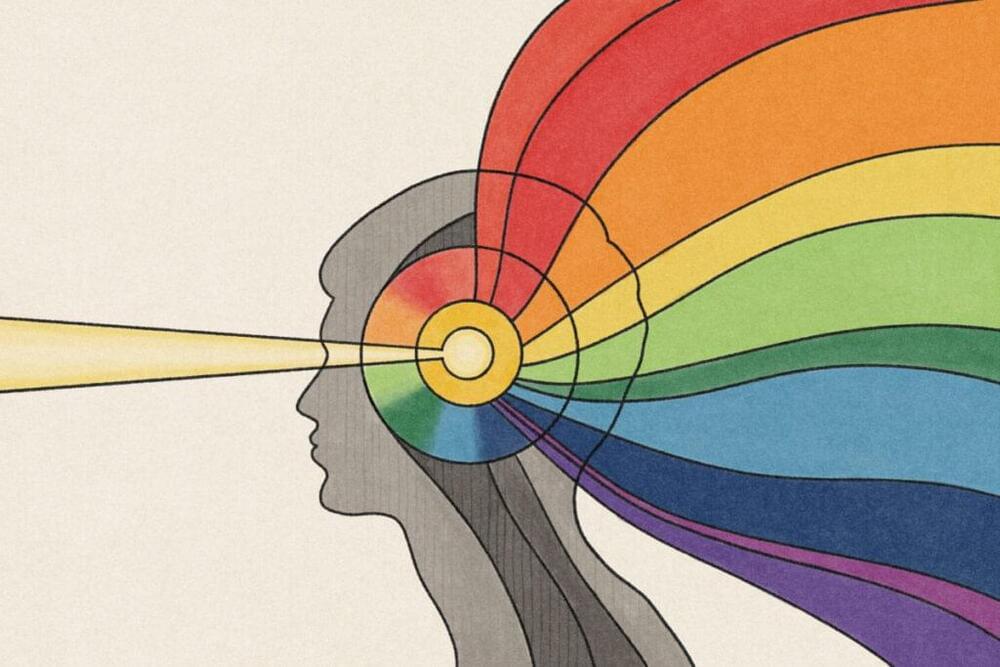Do you prefer originals to remakes, or the whacky option compared to something more relevant? Well, a new study published in the journal American Psychologist suggests that people more inclined towards original ideas are likely to be more inventive themselves.
Creative mechanisms in the brain are complex and largely unknown – and scientists are still learning how creativity works and what motivates it. But a French team of cognitive neuroscientists are trying to shed the light on this process.
Neuroscientists currently agree that the creative process has two parts: coming up with ideas and then assessing them to choose the good ones.



